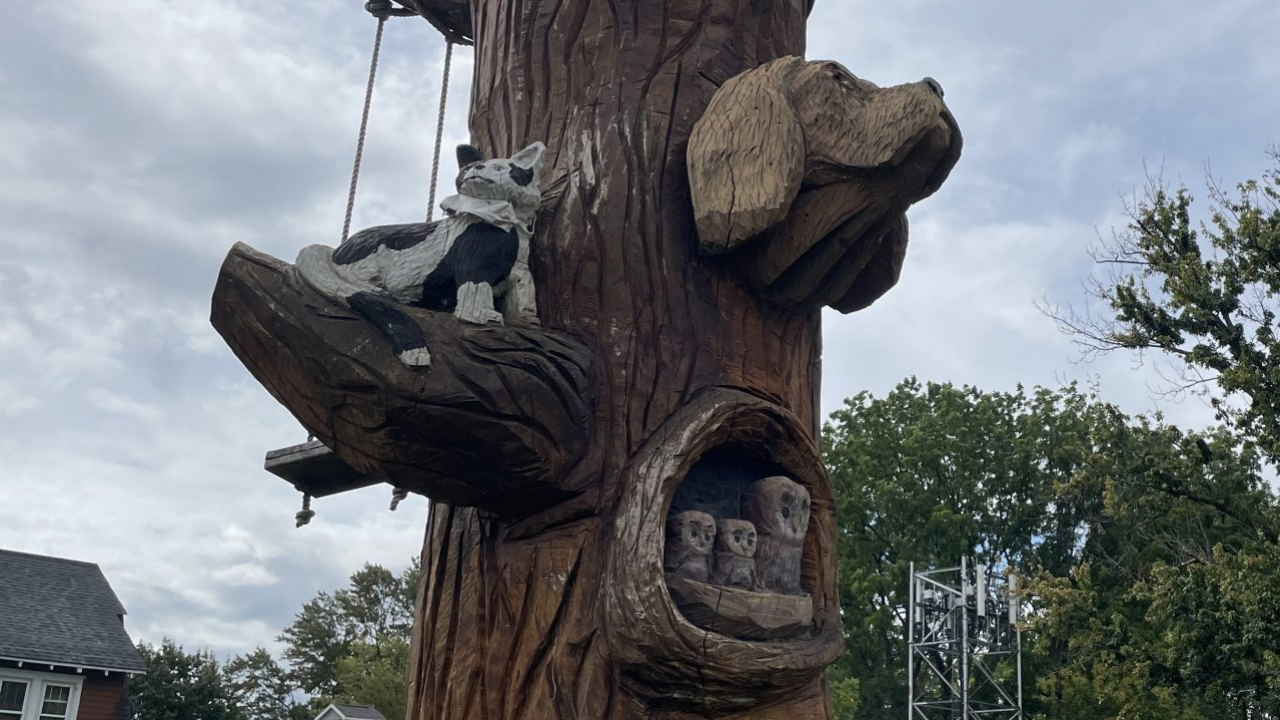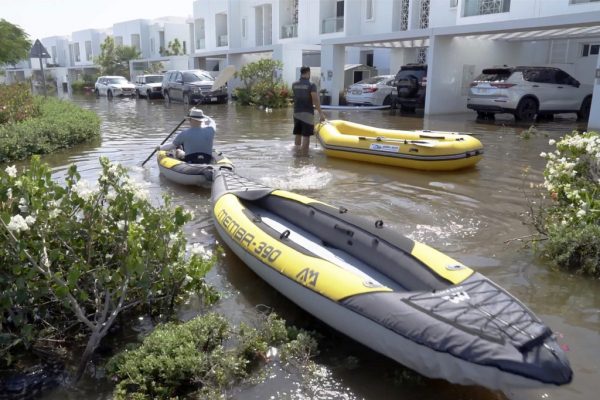
by Joseph Puccio MATTYDALE, N.Y. (NCC News) – Veterinarians across Central New York are in the middle of a two-year crisis.
Animal hospitals are forced to close due to staffing concerns. The latest is the Veterinary Medical Center in East Syracuse. Starting on September 30, it will be forced to stop accepting new patients on Fridays and Saturdays.
In a statement to NCC News, the Veterinary Medical Center said, “Like the human healthcare industry and many others, the veterinary industry is experiencing historic staff shortages. As a result, we have had to modify our center’s hours so that our staff can effectively do their jobs and continue to serve the pets of CNY. We expect this to be a temporary situation and we are actively recruiting for top talent and encourage licensed veterinary health professionals to inquire with us.”
One of the animal hospitals that’s already suffered a short staffing is the Mattydale Animal Hospital. It’s stopped accepting new patients since the COVID-19 pandemic began.
“We have to have the medical care available for our existing clients. We try to accommodate people for emergencies as much as we can,” said Dr. Patrick Hennigan.
While COVID-19 was the initial source of this short staffing, Joseph Campbell, the External Communications Director of Corporate Affairs at VCA Animal Hospitals, adds to this difficult issue.
“You had this preexisting talent challenge in the industry. Mix all that together, and it really is a once and a lifetime sort of challenge. There has been an up-tick in veterinary…applications in veterinary schools which has been fantastic, but we won’t see that for another eight years or so,” said Campbell.
According to the American Veterinary Medical Association (AVMA), between January 2019 and May 2021, there were 18 positions open for every veterinarian seeking a job, six for every technician and assistant, and 12 for related positions.
Dr. Hennigan and Campbell have seen the first attempts to draw in as many patients as possible.
“Seeing how the industry has evolved with all the digital tools that are happening has been really exciting to see…it’s opening a lot of opportunity for care.”
Tele-triage was a form of technology used to connect patients with doctors virtually.
The mix of COVID-19 and a lack of talent has put pressure on local veterinarians. Dr. Hennigan has words of advice.
“Try to be as kind and considerate and understanding as far as owners, pet parents as you can. Only cause we are doing the best we can.”
Dr. Hennigan has some words of wisdom for his patients.
“Try to be as kind and considerate and understanding,” said Dr. Hennigan. “We are doing the best we can.”




